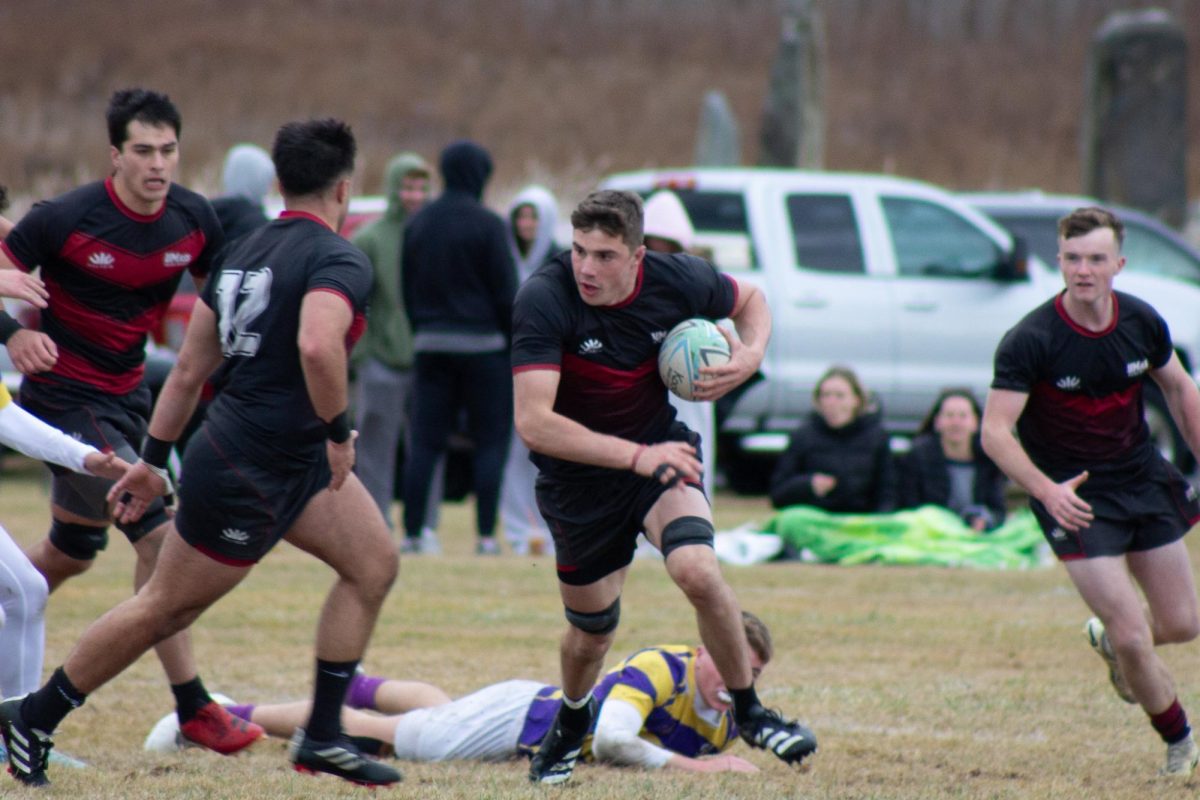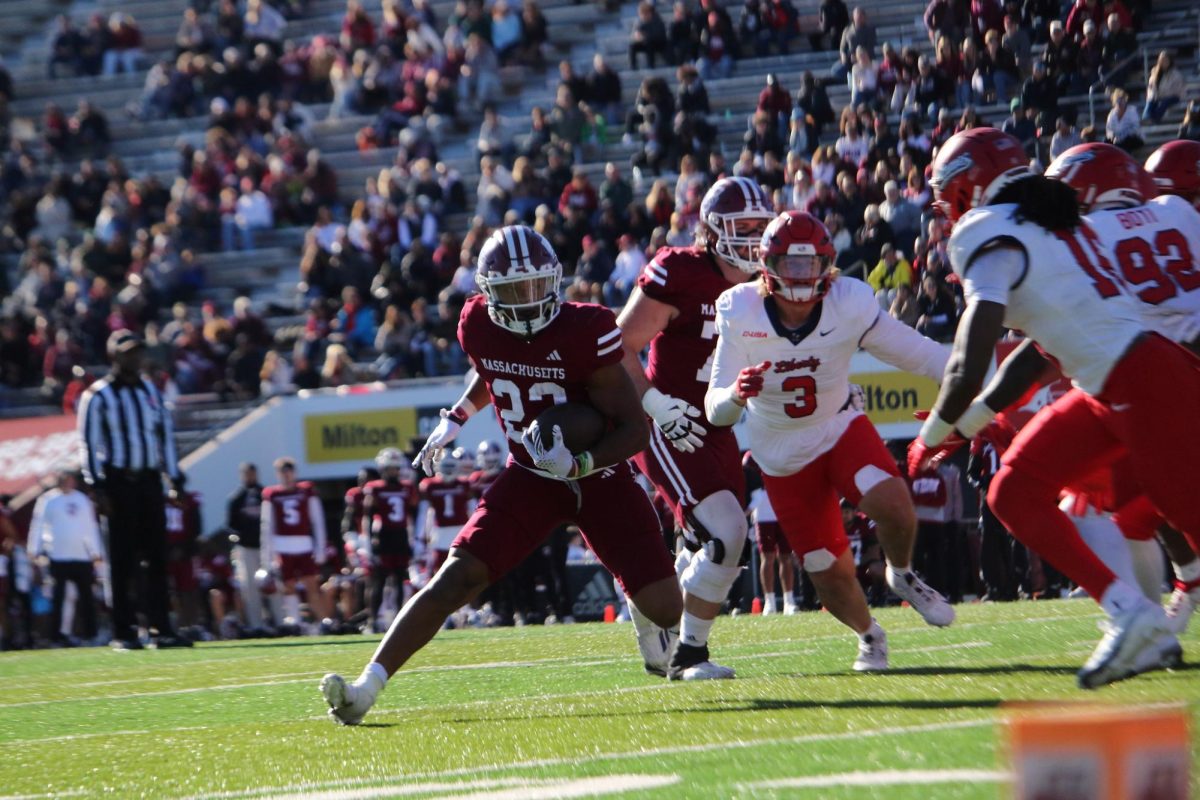On Tuesday, Sept. 27, the College Republicans club at the University of California, Berkeley held a bake sale in order to raise money. Cupcakes and cookies were on the menu, and after setting up shop at the center of campus, the College Republicans prepared for a busy day of fundraising.
But this was no ordinary bake sale – the prices at the bake sale were fixed based on a person’s gender and race. Incredibly, the bake sale advertised the following sale prices: $2.00 for white men, $1.50 for Asian men, $1.00 for Latino men, $0.75 for black men and $0.25 for Native American men. Women paid $0.25 less for each price based on their race.
This bake sale was outrageous, and a slap in the face not just to racial minorities and women everywhere, but to all people who recognize the racial inequality in our society. The Republicans club claimed to be protesting the potential reinstatement of affirmative action in college admissions, but their message was lost in the ludicrous way they decided to say it.
The Berkeley College Republicans President, Shawn Lewis, told CNN.com, “We agree that the event is inherently racist, but that is the point. It is no more racist than giving an individual an advantage in college admissions based solely on race or gender.”
Clearly, the Berkeley College Republicans subscribe to the “two wrongs make a right” school of thought. If affirmative action is racist, than surely a racist bake sale is the correct way to protest it!
Lewis does not seem to understand that it is not just the price fixing that is offensive. Equally offensive is the seemingly arbitrary way the prices were set. There doesn’t seem to have been any basis for asking black men for 75 cents, while Native American men a third of that price. It simply reinforces stereotypes; Asians, for example have the ridiculous “model minority” stereotype reinforced by having the highest price.
Affirmative action has long been a hot-button issue of American politics and society. It was even the subject of the University of Massachusetts’ Common Read this past summer. Incoming first-year students read “A Hope in the Unseen” by Ron Suskind, detailing a young black man’s life through his final year of high school and first year of college. The subject of the book, Cedric Jennings, was the keynote speaker at the freshmen convocation this past August.
I read “A Hope in the Unseen” as well, and I would challenge any reader of the book to continue to oppose affirmative action. The book is an eye-opening look at the struggle students from the inner-city have to go through to reach the same goals as more privileged students.
That last phrase is important – the idea of “privilege.” This is what affirmative action seeks to remedy, and this is what is forgotten by the Berkeley College Republicans who held this “inherently racist” bake sale. Probably the most important document I’ve read in my time at UMass is “Unpacking the Invisible Knapsack” by Peggy McIntosh, which describes the “daily effects of white privilege” conferred upon white people. The document demonstrates the intrinsic advantages given to white people (and especially white males) by our society. In other words, it shows racism is not just about individual acts, but is a subtle, underlying theme to our society.
As a white, cisgendered male, reading “Unpacking the Invisible Knapsack” was shocking because it opened my eyes to examples of racism I’d seen in everyday life, but had never even thought about before. Which is, of course, the entire point of privilege – as a white male, I’d never had to think about how my race might affect me before; I’d had the privilege not to, whereas others have not.
Which brings the discussion back to UCBerkeley: the majority of the UCB College Republicans were, of course, white. They were insistent on reminding their critics that they had minority members amongst their ranks, and that all of these members had supported the bake sale. However, they did not take into account the privilege they had in being the majority in the group, and how this might have affected the views of the other members. It is much harder to voice dissent when in the minority and in opposition, and it may well be that a few UCB College Republicans found themselves in this situation.
At the end of the day, the bake sale was a success for the College Republicans. It attracted media attention from around the country and ultimately they sold out their goods. This is regrettable, because it shows that even if an event is racist, people will still go to it in our society if it also offers them a cheap cupcake.
Hopefully next time the UCB College Republicans can put forth their political beliefs without insulting millions of oppressed people. Until then, they can enjoy the benefits of their successful, and admittedly racist, bake sale.
Billy Rainsford is a Collegian columnist. He can be reached at [email protected].







Kara DiCecco • Nov 30, 2011 at 11:57 pm
Here is the beauty of the human mind; it doesn’t need anyone to tell it what to think to operate. In fact, it is functioning optimaly when allowed to form its own opinion out of facts fairly representing both sides of an issue.
Doesn’t the fact that the white males were charged the highest amount (and the women charged less than racially-matched male counterparts)actually provide acknowledgement that our society does have a system that needs fixing? Perhaps the point was the fix might not be continuing a faulty program but designing a better one? Then again, the inequality coupled the recognized over compensation by Affirmative Action maybe AA’s example of using two wrongs to make a right.
By the way, cupcakes aren’t toxic to society, biased journalists are.
Dave Healey • Oct 18, 2011 at 12:01 pm
I’m not sure if you are aware of the cultural/historical antecedent to the UCB College Republicans’ protest. It goes back to the Regents of the University of California v. Bakke case. Here is a link.
http://en.wikipedia.org/wiki/Regents_of_the_University_of_California_v._Bakke
It seems the “Bake Sale” got it’s inspiration from the Bakke case albeit with a warped sensibility that is so common these days.
cindy weinstein • Oct 14, 2011 at 12:00 pm
I really wish I could have read a non-biased article on this bake sale.
peggy mcIntosh • Oct 6, 2011 at 4:03 pm
Dear Billy,
Thank you for your column today (October 6. I appreciate your account of what it was like for you to read “Unpacking the Invisible Knapsack.” I appreciate your openness in learning from that new angle of vision, and then using what you learned. I also appreciate your courage in speaking out.
Sincerely,
Peggy McIntosh,
Wellesley Centers for Women